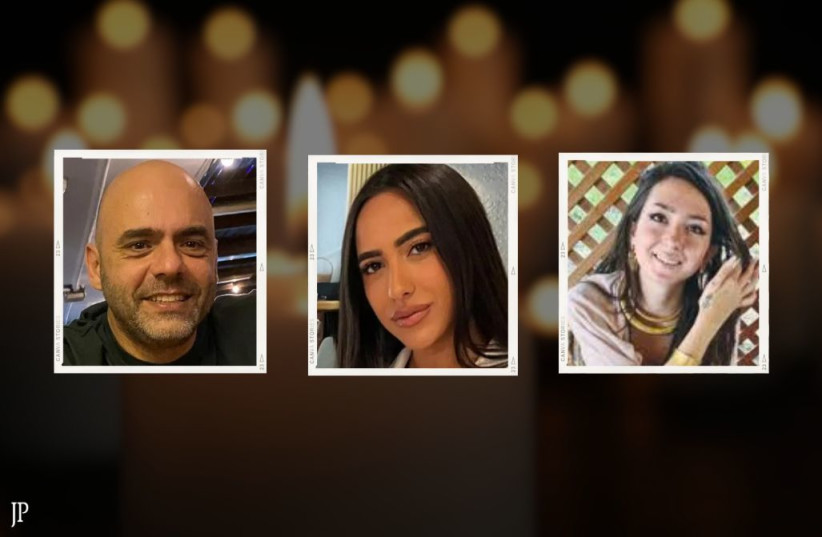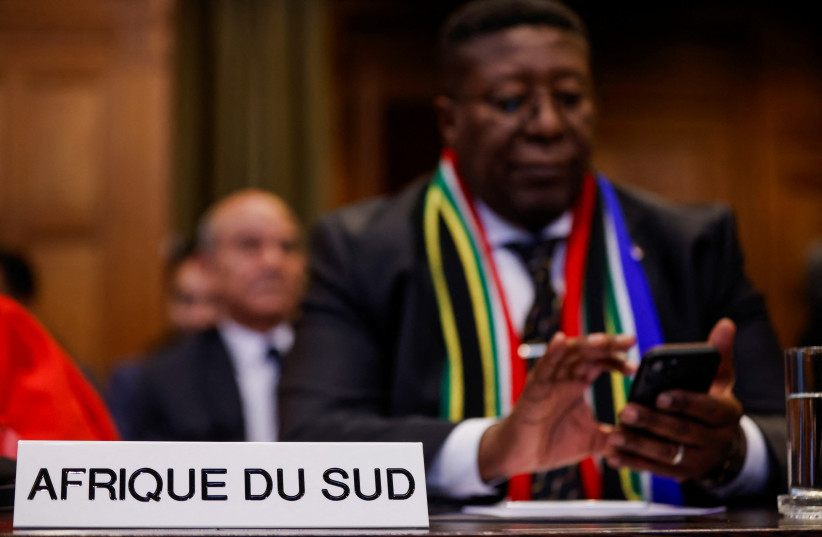‘Your bias is outrageous’: WSJ editorial condemns ICJ ruling against Israel
The ICJ’s call for a halt in IDF operations in Rafah is just “another anti-Israel ruling in the Hague”, the Wall Street Journal commented in a recent editorial on May 24.
Last Friday, the ICJ ruled that Israel “must immediately halt its military offensive, and any other action in the Rafah Governorate, which may inflict on the Palestinian group in Gaza conditions of life that could bring about its physical destruction in whole or in part.”
The WSJ however responded to this ruling by stating that “the only group Israel aims to destroy in Rafah is Hamas,” who, ironically, are not party to the ICJ trial as a non-member. WSJ comments on the double-standards of “demand[ing] nothing of [Hamas], while seeming to tell Israel unilaterally to stop fighting in the terrorists’ last stronghold.”
Double standards
The editorial claimed that Israel’s evacuation of Rafah – amounting to about a million Gazans – was done “expertly” and draws attention to Israel’s need to bring back the hostages: “The ICJ knows that Hamas refuses to release them.”
“The judges effectively asked Israel to abandon the hostages.”
Despite calling for an immediate halt to IDF operations in Rafah – where the IDF believes Hamas is holding over 100 hostages – the court spoke little of the reason the IDF entered the city in the first place. The Court did not directly call on Hamas to release the hostages, despite calling on Israel to cease operations.
Clause 56 of the ruling reads: “the Court finds it deeply troubling that many of these hostages remain in captivity and reiterates its call for their immediate and unconditional release.”
On May 17, the bodies of hostages Shani Louk, Amit Buskila, and Itshak Gelernter, were discovered by the IDF in Rafah and returned to Israel.

WSJ stated that “like most rulings from The Hague” this would be ignored by Israel, given the state believes it is already acting in accordance with the court’s wishes.
Israel continued to affirm it is not committing genocide in Rafah, and therefore need not halt operations.
“What they are asking us, is not to commit genocide in Rafah. We did not commit genocide and we will not commit genocide,” National Security Adviser Tzachi Hanegbi told Channel 12 news in an interview, last Saturday.
“According to international law, we have the right to defend ourselves,” Hanegbi continued, “and the evidence is that the court is not preventing us from continuing to defend ourselves.”
“No state in Israel’s place could do otherwise” said the WSJ editorial.
WSJ criticized the ICJ’s order for Israel reopen the Rafah crossing (Cl.52), given the decision to open the crossing depends on Egypt and not Israel.
“Since Israel, not Hamas, now controls Gaza’s side of the border, Egypt had refused, holding up 2,000 aid trucks. Only after President Biden called Egypt’s President on Friday did Cairo agree to reopen the crossing. But why was the ICJ blaming Israel?”
Dissent and bias in the Court
The editorial also noted the “dissent” within the court. Julia Sebutinde of Uganda, stated that “there are no indicators of a genocidal intent on the part of Israel” whereas the South African ICJ case included “examples of allegedly genocidal rhetoric from Israel.” The piece suggested there is evidence of discord amongst members of the court.
“The vast majority of the statements referred to the destruction of Hamas and not the Palestinian people,” said Sebutinde, effectively undermining the previous claims.
Sebutinde continued by saying that “South Africa has either placed the quotations out of context or simply misunderstood,” and attributed this purposeful misreporting to South Africa’s “cordial relationship with the leadership of Hamas.”

The WSJ editorial continued by saying that “the inversion of international law is something to behold: Hamas slaughters Israeli civilians and hides behind its own so that Israel stands accused.”
They accused the ICJ’s judges of outrageous bias: one of the presiding justices, Nawaf Salam, has long denounced Israel whilst remaining active in Lebanese politics, “having twice been a candidate for prime minister since joining the bench in The Hague.”
“The transparent nature of the ICJ ruling has the benefit of making it easier to dismiss,” concluded the WSJ.
Almost verbatim parroting Prime Minister Netanyahu’s statements, WSJ said: “Only when Hamas is defeated in Rafah can the war in Gaza ebb.”





Comments are closed.